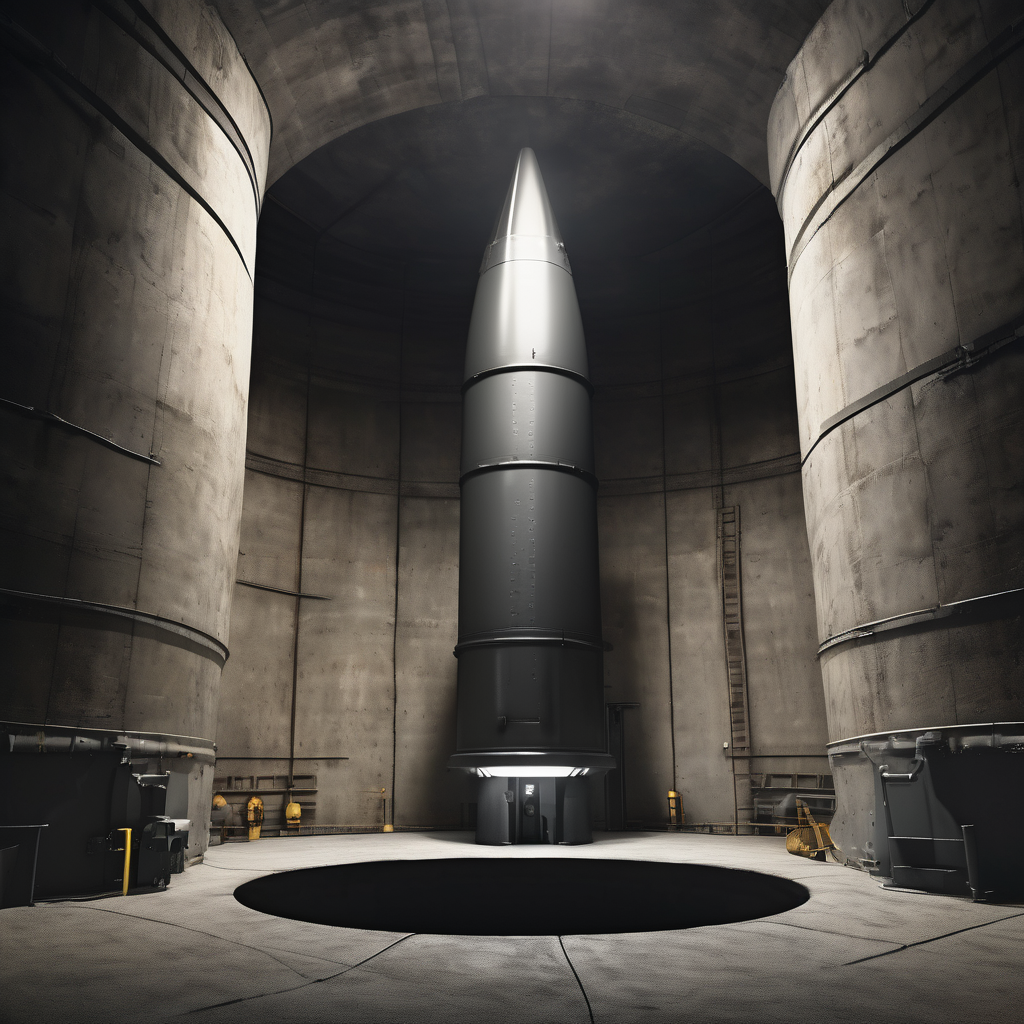President Donald Trump has made the significant decision to direct the U.S. military to resume nuclear weapons testing for the first time in over thirty years, in response to the expanding nuclear capabilities of rival powers, specifically China and Russia. This announcement, made during Trump’s transit on Marine One to a trade meeting with Chinese President Xi Jinping in Busan, South Korea, marks a pivotal shift from the long-standing U.S. policy of nuclear testing moratorium that has been largely adhered to by most nuclear nations since the early 1990s.
Trump’s directive emphasizes a need for the Pentagon to conduct nuclear tests on an equal footing with other nuclear-armed states, amid concerns surrounding China’s rapidly increasing nuclear arsenal, which has reportedly doubled in size over the last five years under Xi Jinping’s leadership. Concurrently, Russia, led by President Vladimir Putin, has been enhancing its military capabilities and has recently conducted tests on new nuclear-powered weapons, raising the stakes further.
It remains unclear whether Trump’s announcement pertains specifically to nuclear-explosive testing or missile flight tests, as the last explosive nuclear test by the U.S. occurred in 1992 and China last conducted its test in 1996. Russia has not performed any nuclear tests since the end of the Soviet Union, positioning this moment as unique where significant nuclear powers have largely refrained from resuming tests.
In response to the announcement, China’s Foreign Ministry has urged the U.S. to uphold its commitment to abstain from nuclear testing, reinforcing the importance of maintaining global stability. U.N. Secretary-General Antonio Guterres echoed these sentiments, warning that the escalation of nuclear activities presents high risks and could result in catastrophic consequences.
These developments occur within the context of elevated military tensions between the U.S., Russia, and China, with previous articles highlighting the intricate relationships among these nations, particularly in light of military operations and the ongoing conflict in Ukraine. The interactions among world leaders highlight an urgent need for renewed diplomacy and dialogue, suggesting that collective international efforts could lead to de-escalation and ultimately foster peace.
As the international community closely monitors these developments, there is a glimmer of hope that renewed discussions surrounding arms control may emerge, providing opportunities for stabilizing global relations and averting potential miscalculations that could lead to disastrous outcomes.
